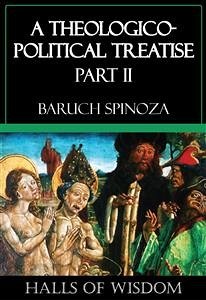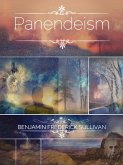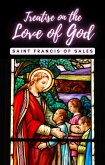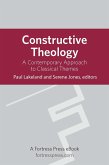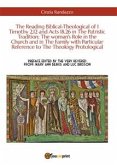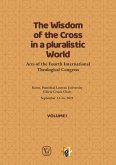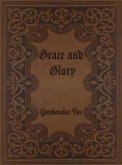(1) As men are accustomed to call Divine the knowledge which transcends human understanding, so also do they style Divine, or the work of God, anything of which the cause is not generally known: for the masses think that the power and providence of God are most clearly displayed by events that are extraordinary and contrary to the conception they have formed of nature, especially if such events bring them any profit or convenience: they think that the clearest possible proof of God's existence is afforded when nature, as they suppose, breaks her accustomed order, and consequently they believe that those who explain or endeavour to understand phenomena or miracles through their natural causes are doing away with God and His providence. (2) They suppose, forsooth, that God is inactive so long as nature works in her accustomed order, and vice versa, that the power of nature and natural causes are idle so long as God is acting: thus they imagine two powers distinct one from the other, the power of God and the power of nature, though the latter is in a sense determined by God, or (as most people believe now) created by Him. (3) What they mean by either, and what they understand by God and nature they do not know, except that they imagine the power of God to be like that of some royal potentate, and nature's power to consist in force and energy... ____ [Halls of Wisdom] From Buddha to Confucius to Plato and down the spiral of time to Kant, Nietzsche and Russell, the Halls of Wisdom are filled to overflowing, yet barely full. Explore the cavernous teachings of the masters, get lost in the art of wonder, and fall in love with wisdom. The only thing you can lose are your chains.
Bitte wählen Sie Ihr Anliegen aus.
Rechnungen
Retourenschein anfordern
Bestellstatus
Storno

